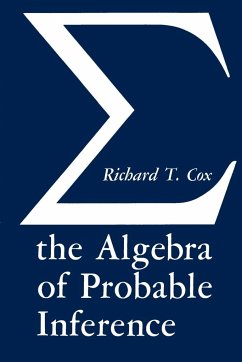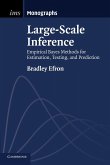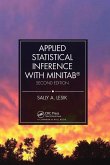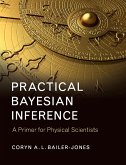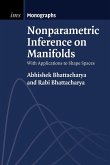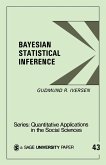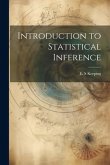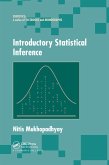In Algebra of Probable Inference, Richard T. Cox develops and demonstrates that probability theory is the only theory of inductive inference that abides by logical consistency. Cox does so through a functional derivation of probability theory as the unique extension of Boolean Algebra thereby establishing, for the first time, the legitimacy of probability theory as formalized by Laplace in the 18th century. Perhaps the most significant consequence of Cox's work is that probability represents a subjective degree of plausible belief relative to a particular system but is a theory that applies universally and objectively across any system making inferences based on an incomplete state of knowledge. Cox goes well beyond this amazing conceptual advancement, however, and begins to formulate a theory of logical questions through his consideration of systems of assertions -- a theory that he more fully developed some years later. Although Cox's contributions to probability are acknowledged and have recently gained worldwide recognition, the significance of his work regarding logical questions is virtually unknown. The contributions of Richard Cox to logic and inductive reasoning may eventually be seen to be the most significant since Aristotle.
Hinweis: Dieser Artikel kann nur an eine deutsche Lieferadresse ausgeliefert werden.
Hinweis: Dieser Artikel kann nur an eine deutsche Lieferadresse ausgeliefert werden.

